
It has been nearly a year since THHS alumni started a platform called NotMyTownsend (NMT) on Instagram to allow current and former students to express their experiences regarding racism and bigotry in our school. In response, Principal Brian Condon released a letter in April 2020 identifying four steps the school must take to create a more inclusive school environment. These steps included “rooting out bigotry, root and branch” from Townsend Harris. In the year since, THHS has taken clear steps to publicize its embrace of “anti-racism,” but it is unclear what efforts the administration has made to identify and confront racism in our school.
One of the most common experiences of racism a Black student at THHS faces occurs when college decisions come out. When I was accepted into Harvard in December, I was supposed to be celebrating, buying apparel, and joyfully throwing out other applications, but I kept hearing rumors that I only got in because of Affirmative Action and didn’t earn my acceptance based on merit.
When I first heard about these statements, I wasn’t shocked. I expected it based on what I’d heard about other Black students at THHS getting accepted into prestigious colleges. However, I didn’t expect all of the repercussions that come with it. I didn’t expect to have 22 FaceTime calls within four days of hearing the first rumors. On these calls we tried to figure out what I was supposed to do. Do I confront the situation directly? If I confront it am I going to seem like the stereotypical “angry Black girl” who wants to pick a fight? Do I say nothing and let it keep going? These FaceTime conversations and texts went on for weeks, and figuring out all the possible scenarios was exhausting. I even had to question my own friends. I started to wonder if they believed it too and were just trying to spare my feelings. It never led me to doubt myself because I knew I deserved my achievement, and frankly, I don’t care what strangers think of me. But it planted a seed of doubt in my mind about my friends, people whose opinions I actually value, and what they thought of me.
Some words are never forgotten. Once you put something damaging out in the world, it can’t be taken back after it’s already caused harm to someone. A statement like this is told to create self-doubt, and to stick with me through everything I do for the rest of my life. Students may have differing political opinions on Affirmative Action as a policy, but they are not at all experts on my resume or anyone else’s. Statements like these racially-motivated forms of bullying are the school’s responsibility to confront.
On the NotMyTownsend Instagram story, former students also posted about peers accusing them of only getting into a college because of Affirmative Action. This is not a new issue, and administrators have probably been hearing similar stories for years. In fact, if they had mounted a thorough exploration of racial issues at the school over the past year, they would have heard this coming up frequently.
Something should have been done last year when NMT brought this issue up.
In fact, something should have been done five years ago when The Classic published an opinion piece on the very topic. Then-senior Kristine Guillaume wrote, “Every time a minority student gains admittance to Ivy League or other top tier institutions, his entire academic and extracurricular profile essentially gets blacked out in a sea of negative reactions. Take a walk through the halls of Townsend Harris and listen to snippets of conversations such as, ‘She only got in because she’s black’ or ‘He wasn’t even that smart.’ ”
Fast forward five years later and that same exact perspective, “She only got in because she’s Black,” is still being shared to discredit Black students’ accomplishments.
The Townsend Harris administration needs a protocol to name and address these problems, and problems like them, that repeatedly arise. My experience with racially charged remarks like this will not be the last; those micro-aggressive racial comments are a constant recurrence, and the administration must find a way to make students and teachers aware of the harm being done, work to prevent that harm from occurring, and make clear the repercussions for those who contribute to this climate. This is important because of how frequently this issue occurs and the impact those comments have on students’ mental health. Education on and discussions about this during a senior meeting would be helpful, as would some specific indication that these statements and others like them will not be tolerated.
This, however, is not the only issue at THHS and it raises a larger one: recent efforts to promote anti-racism at THHS have tended to avoid conversations regarding school-based racial issues because to address these issues means having to confront a harmful environment that members of the school community perpetuate. Instead, the administration and its Equity and Access team have favored general discussions about racism in society, a choice which makes it less likely that members of the school community have to be held accountable for racist behavior. By definition, an institution cannot be anti-racist if it does this.
The Equity and Access team was created “to engage in discussions about race and equity.” These discussions are important; however, discussions about race and equity aren’t effective unless they are held alongside more frank conversations about problems in the school community itself.
The team’s work on creating a speaker series, encouraging students to read Stamped, commissioning a mural, and so on, should all be part of the solution. But without focus on—or even acknowledgement of— the issues within the school, these actions are not addressing the real problems identified.
It is admirable that the team hopes to diversify admissions, but can the team promise that newly admitted Black students will feel welcomed and included in the THHS community? Can they promise those students won’t work hard for four years only to be told one day by their peers that they have not earned their achievements?
While I am using micro-aggressions about Affirmative Action and race to provide a concrete example of racist behavior at THHS, there are numerous other school-specific issues brought up by NMT that can be addressed. They range from the casual use of the n-word between students in the halls, to lack of clarity about how to respond when the word appears in literary works in the classroom, to offensive comments about Black hair.
It’s been almost a year since NotMyTownsend. Proper steps need to be taken for the school to develop into an anti-racist institution. It requires constant, uncomfortable conversation and complete cultural reform. We aren’t doing that yet.
Discover more from The Classic
Subscribe to get the latest posts sent to your email.

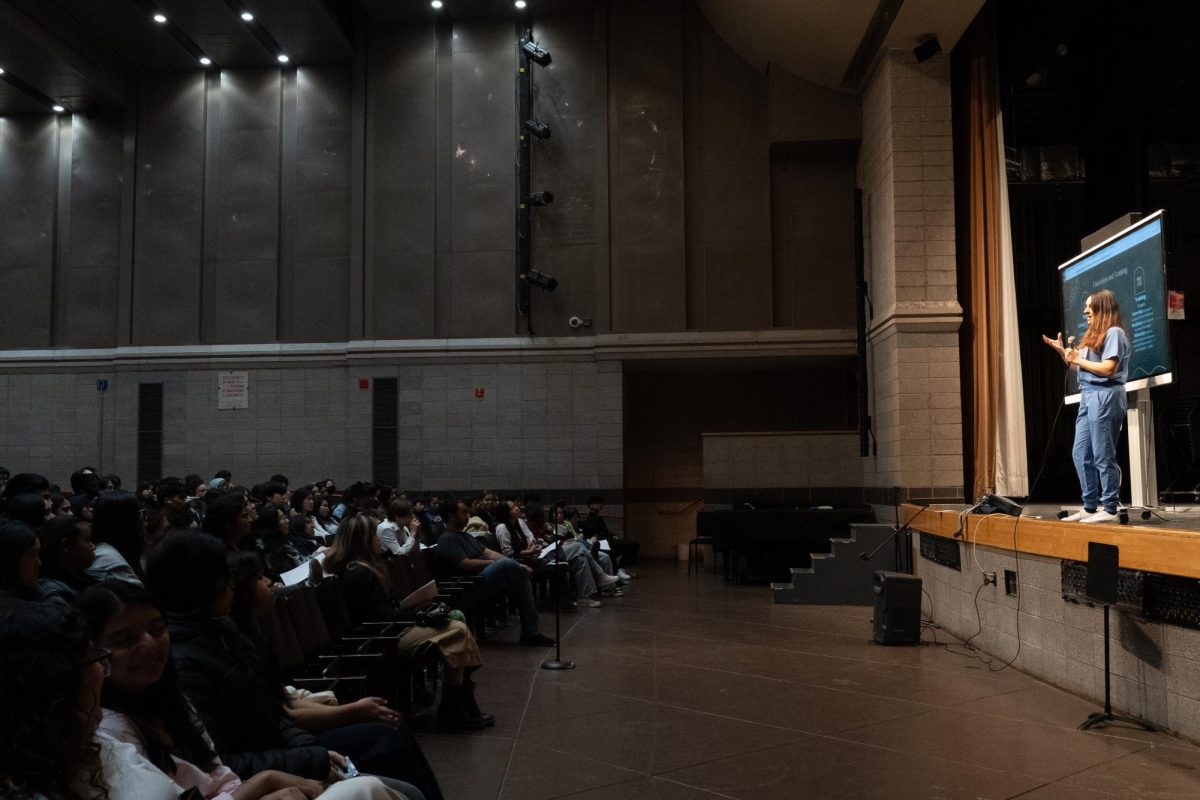

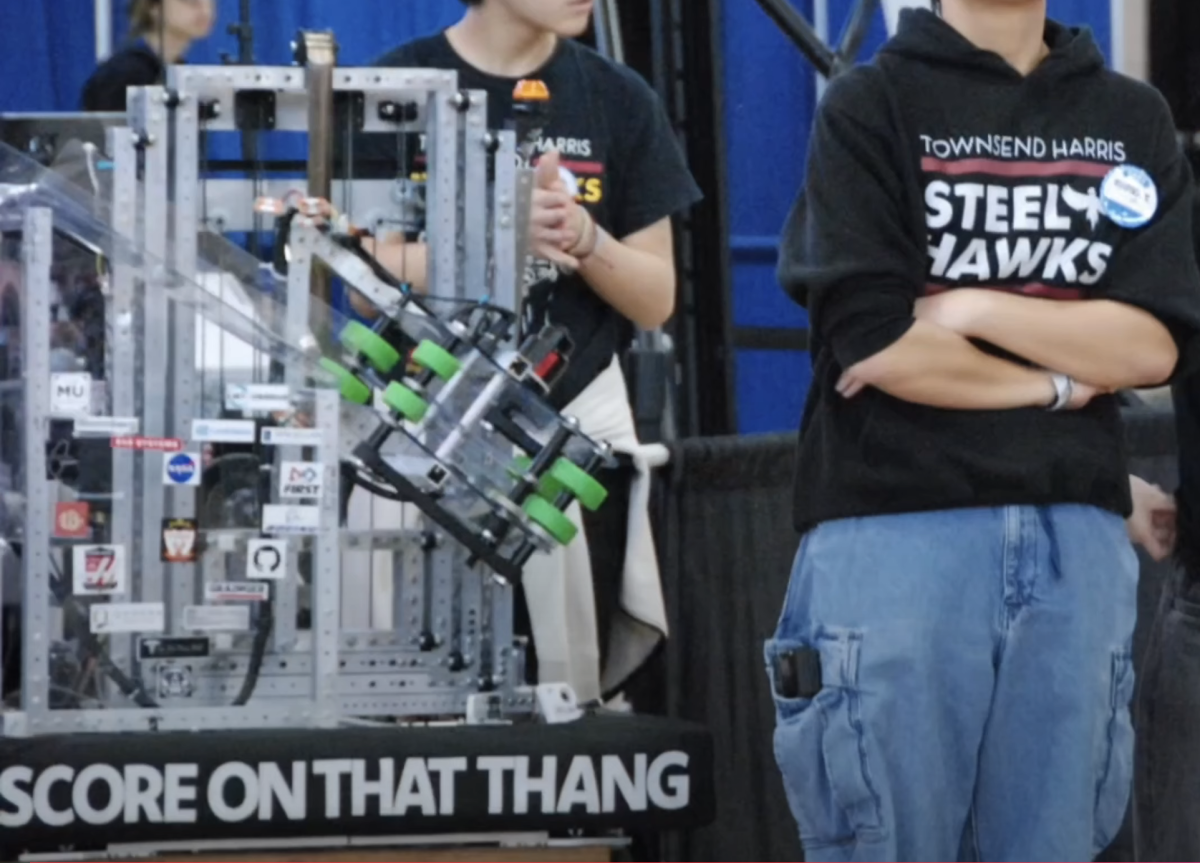

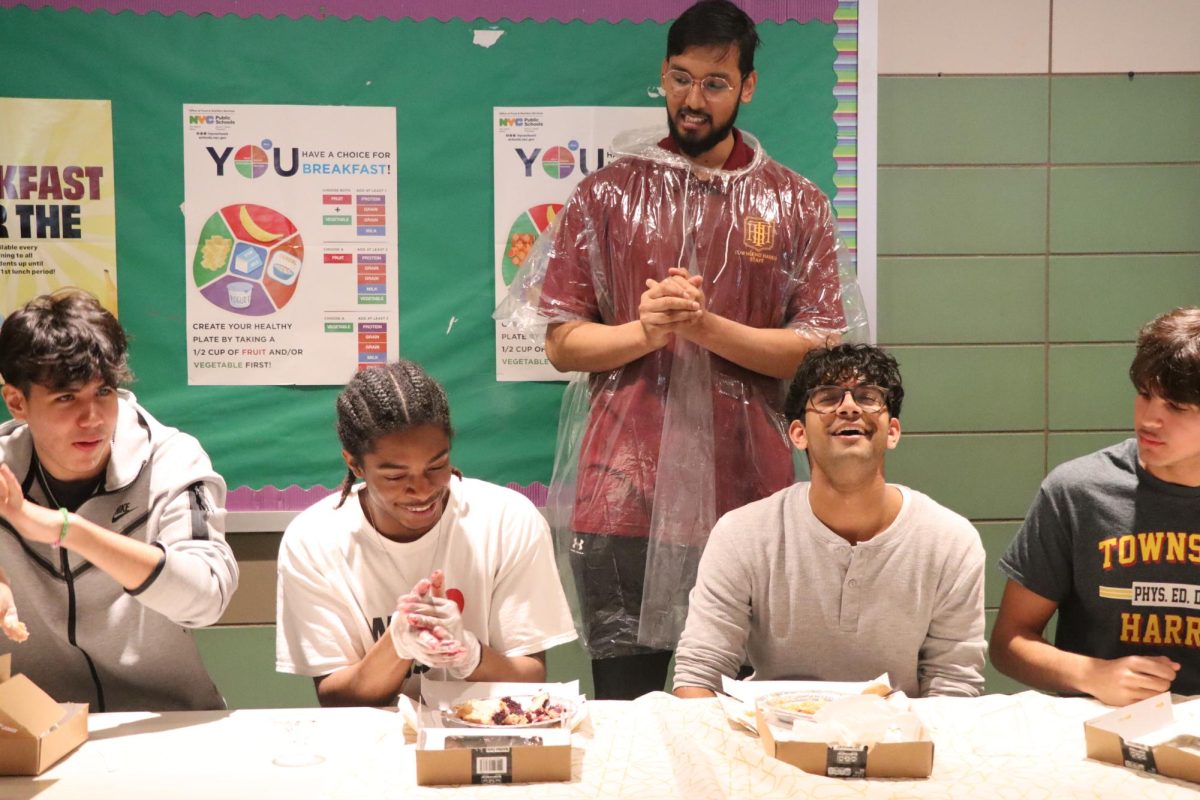
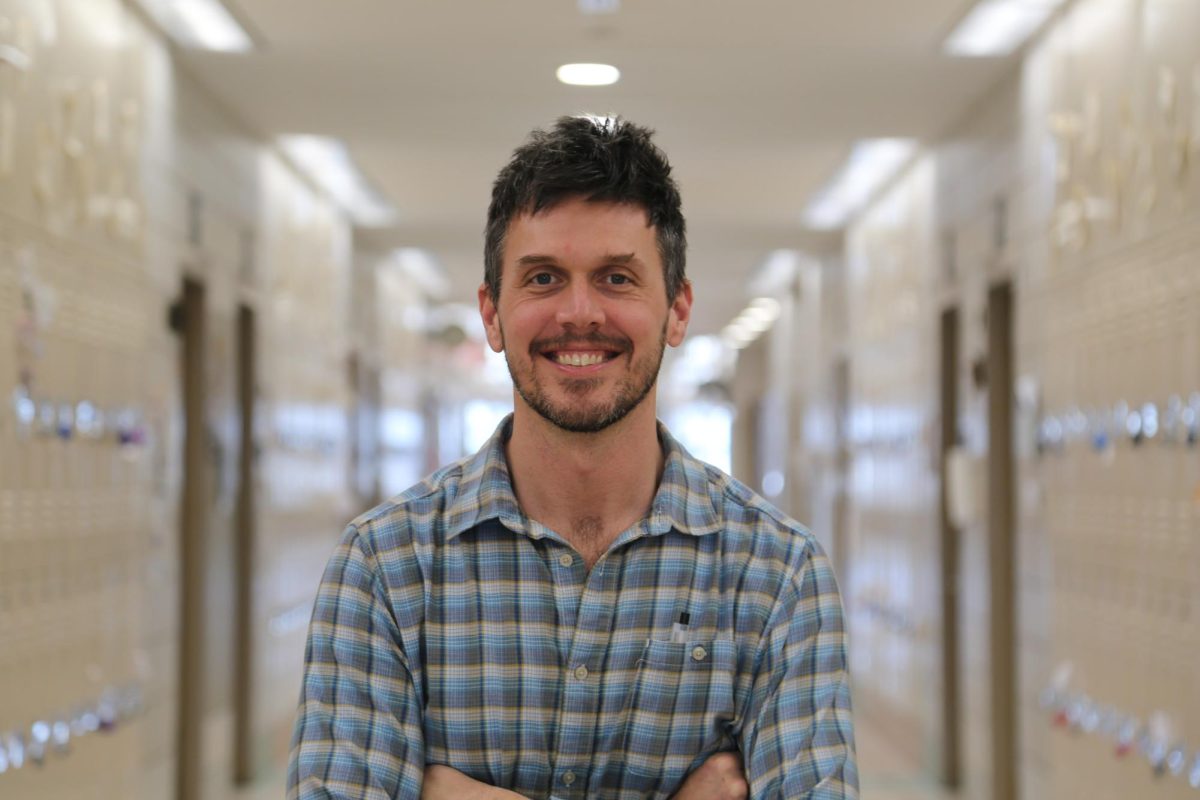
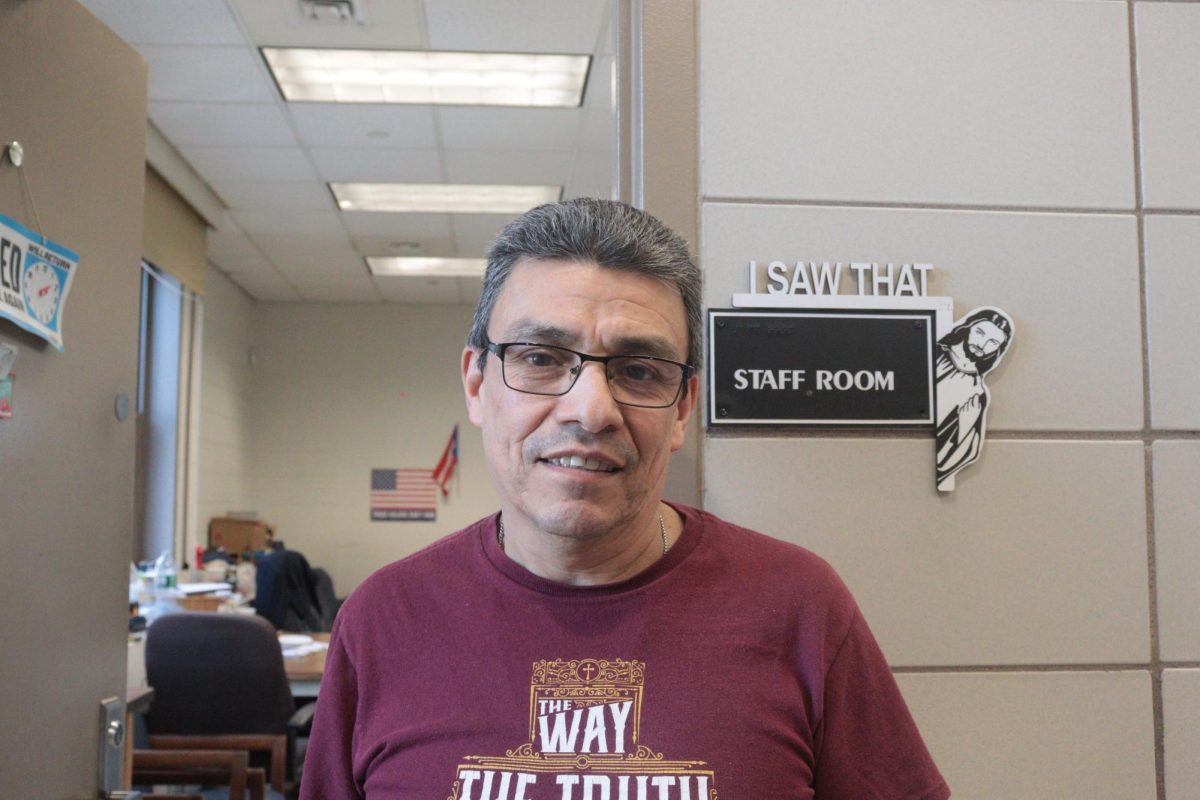

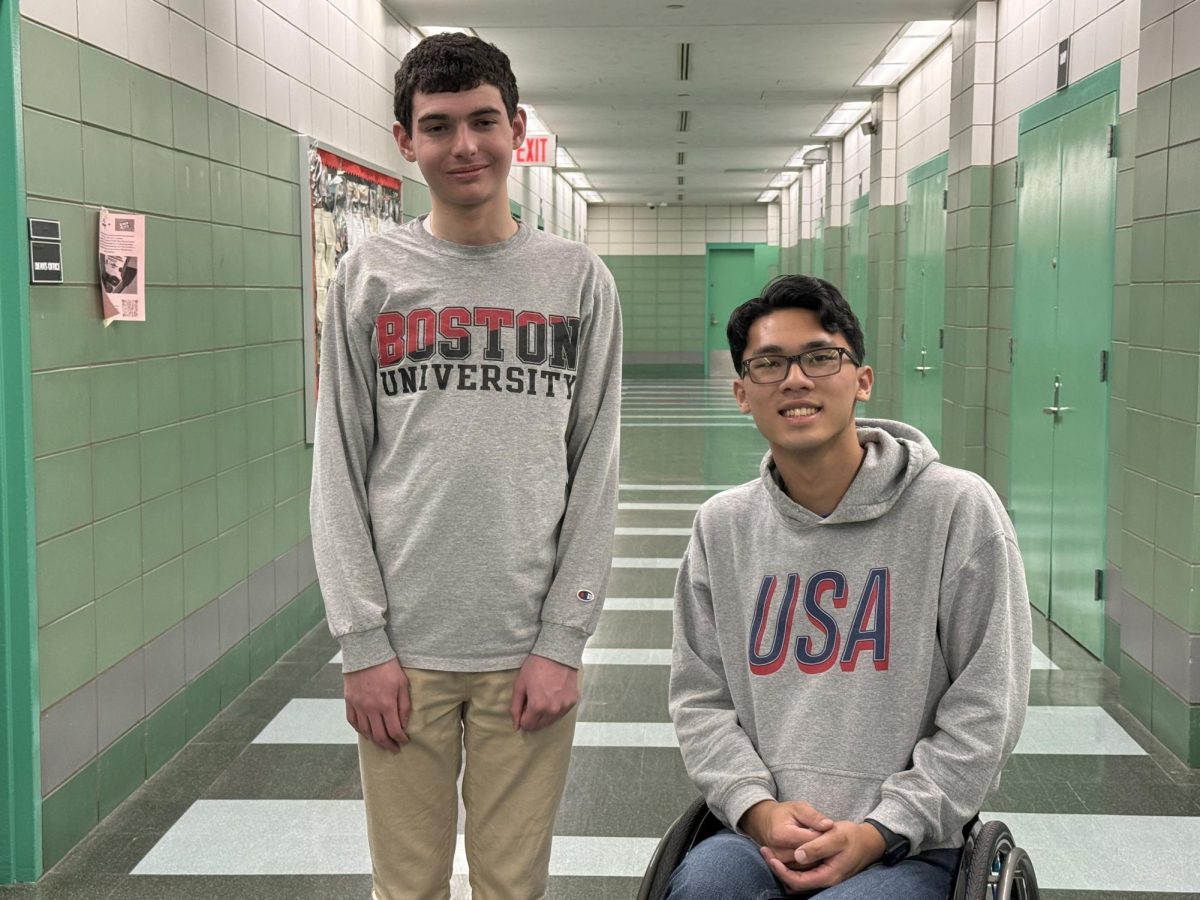

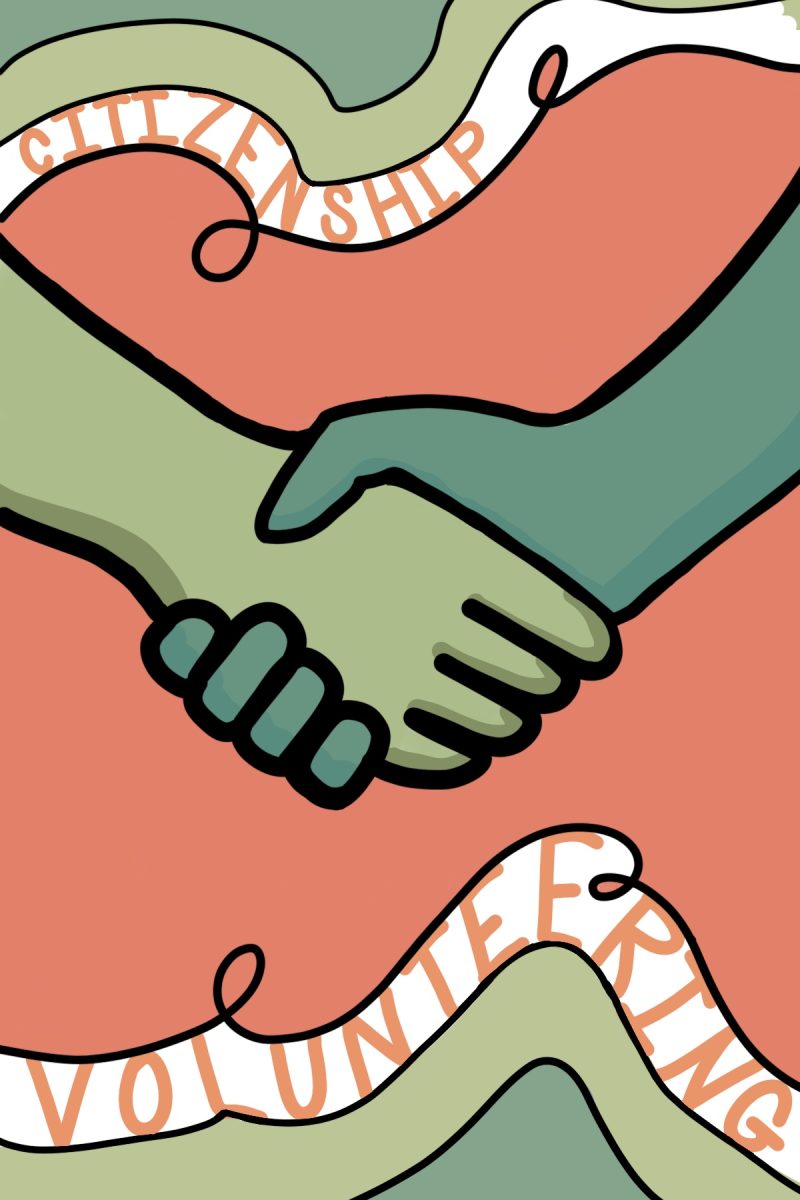
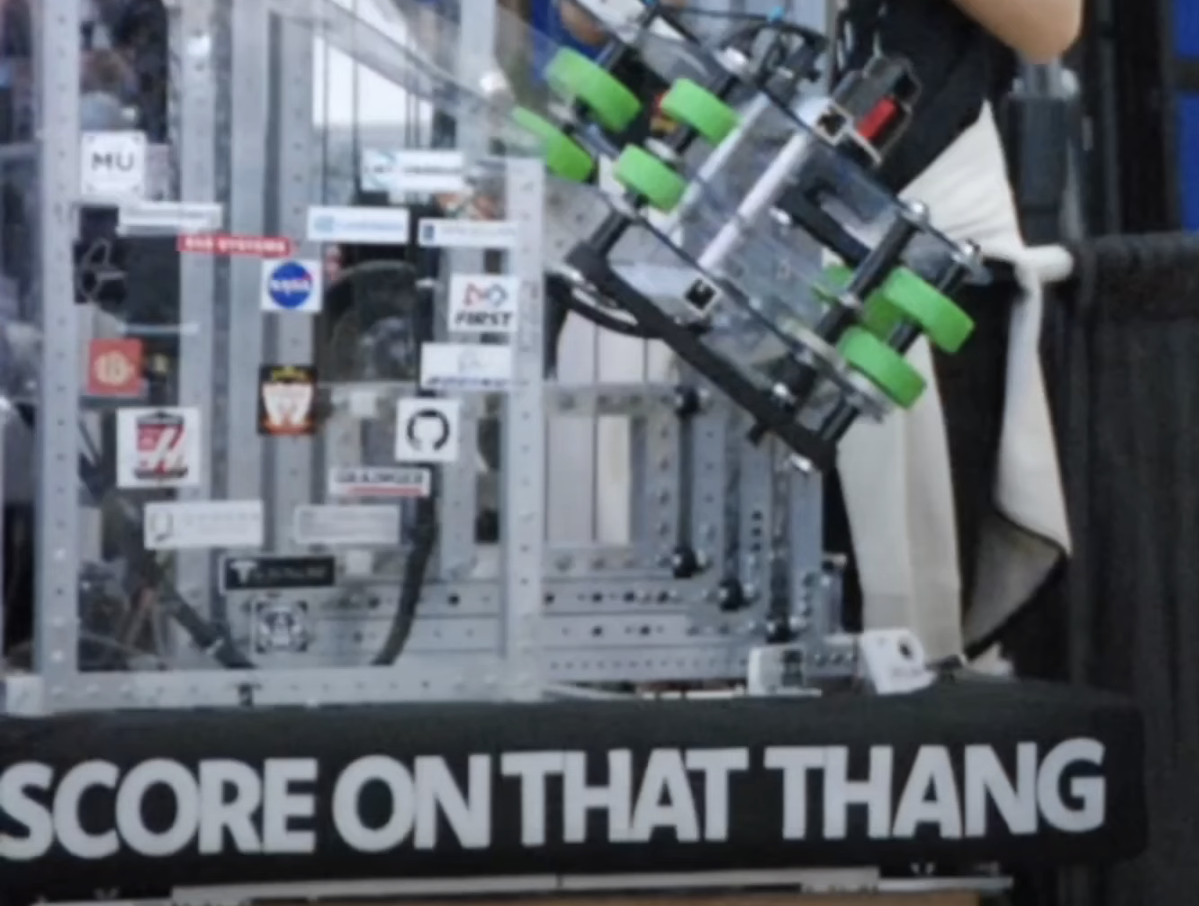

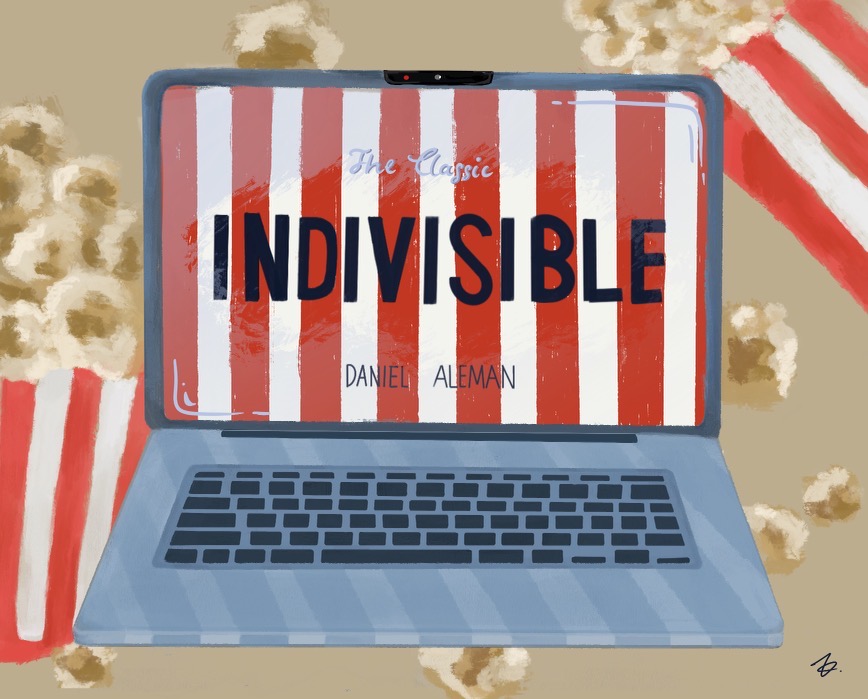
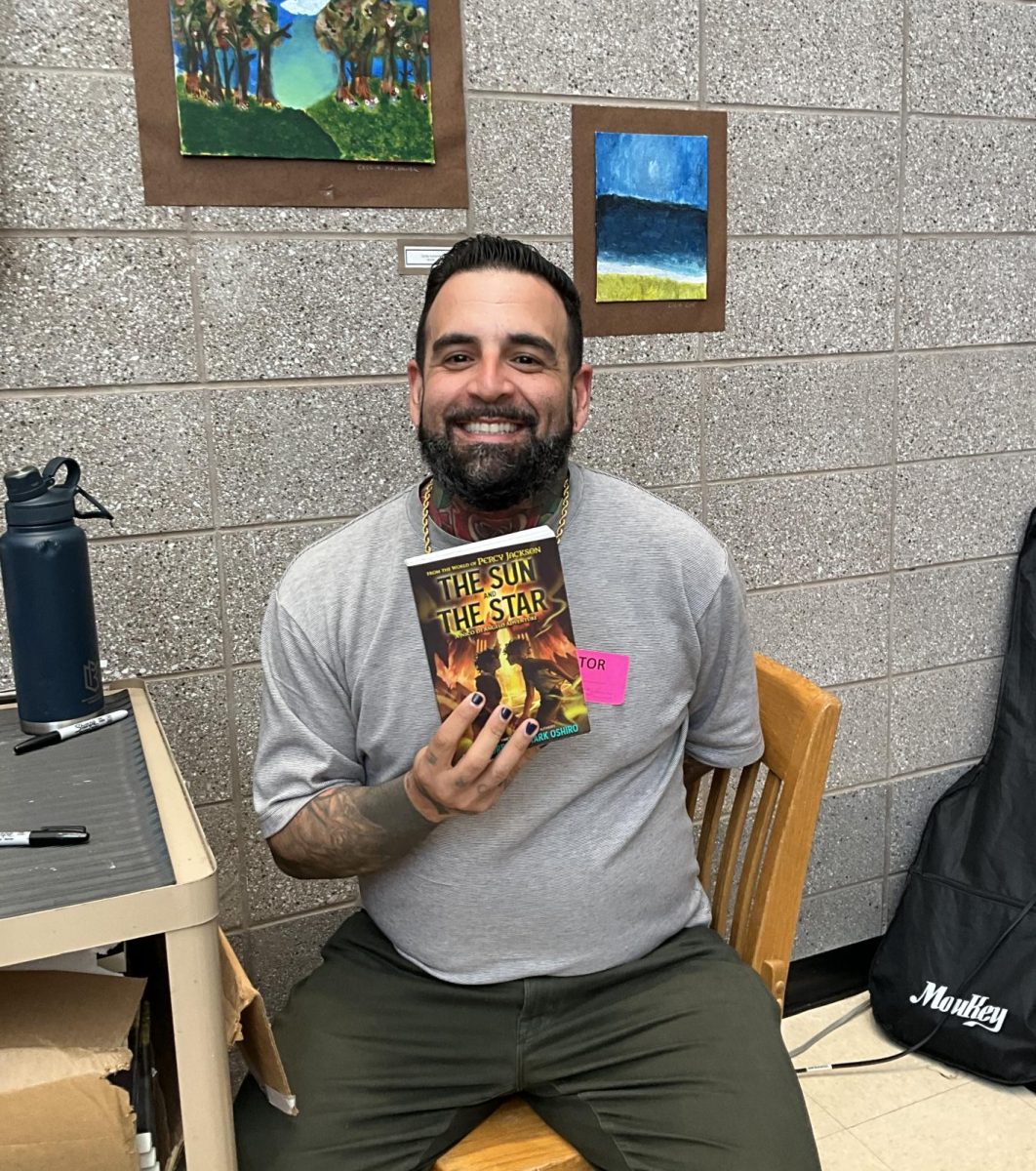
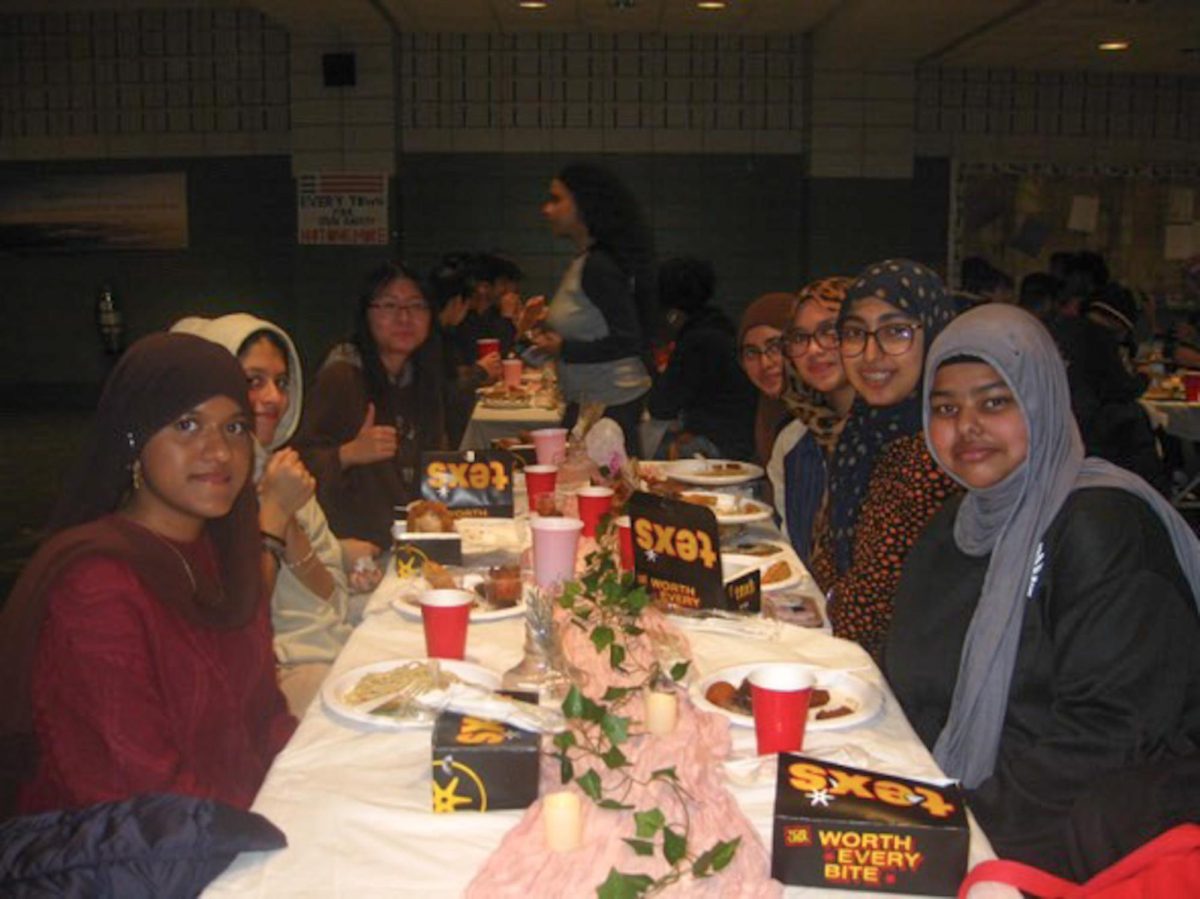
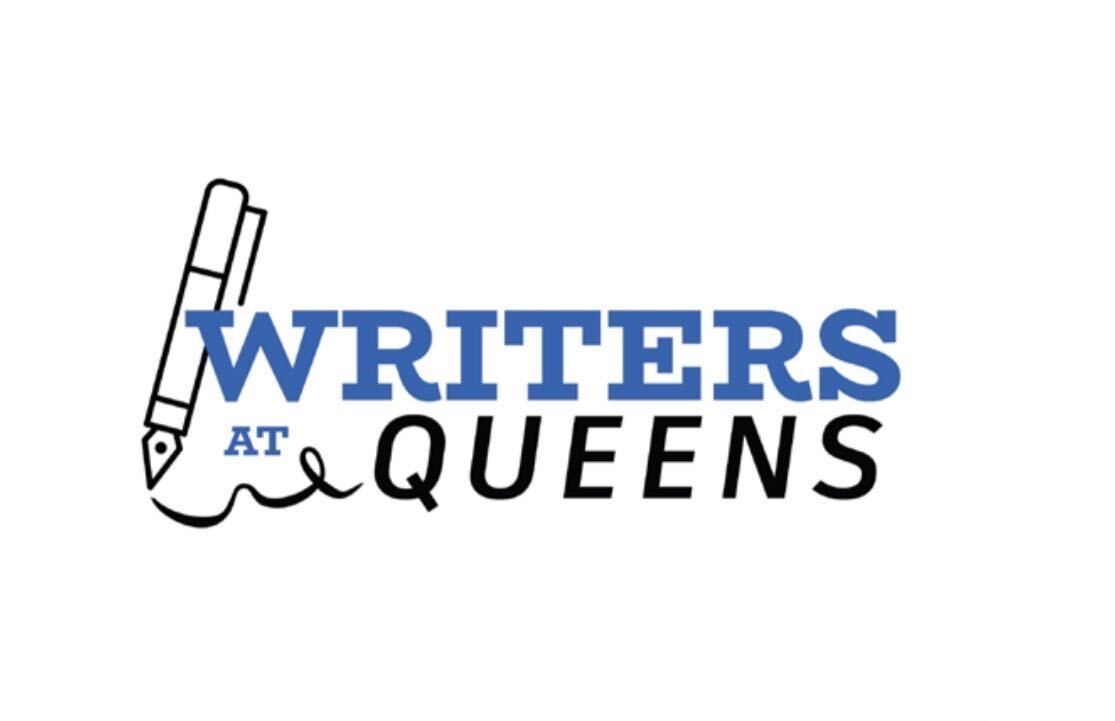


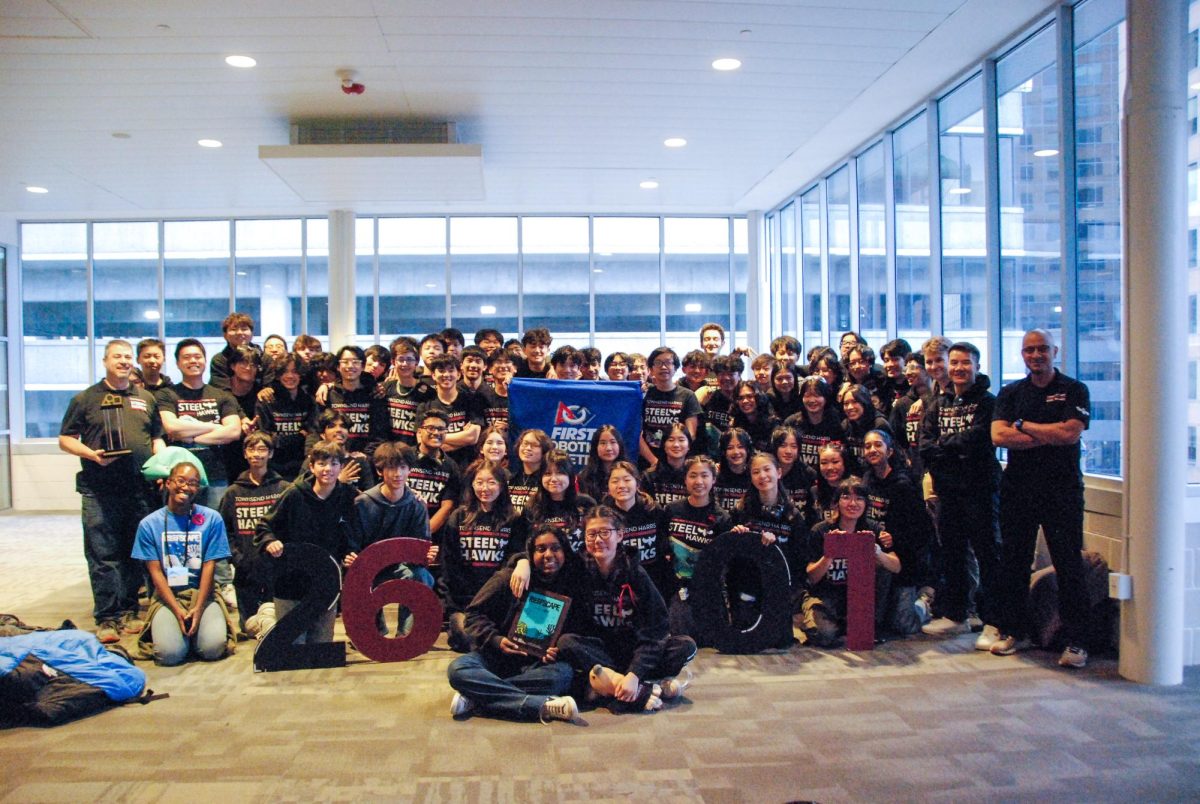


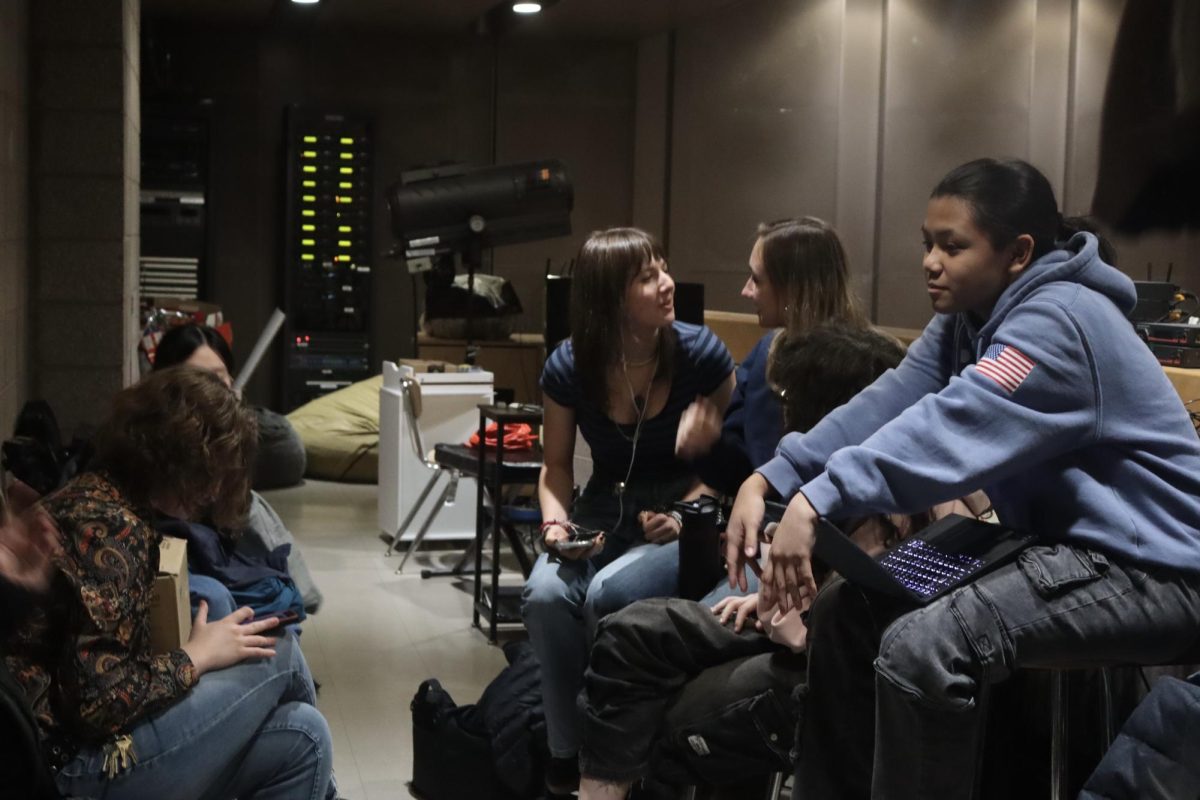
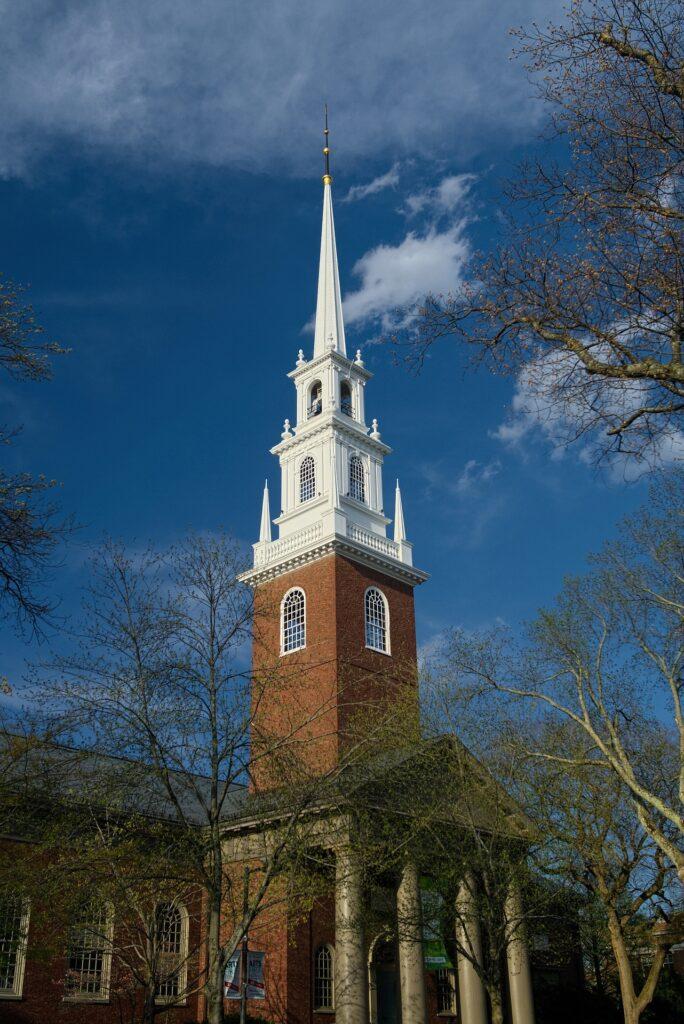
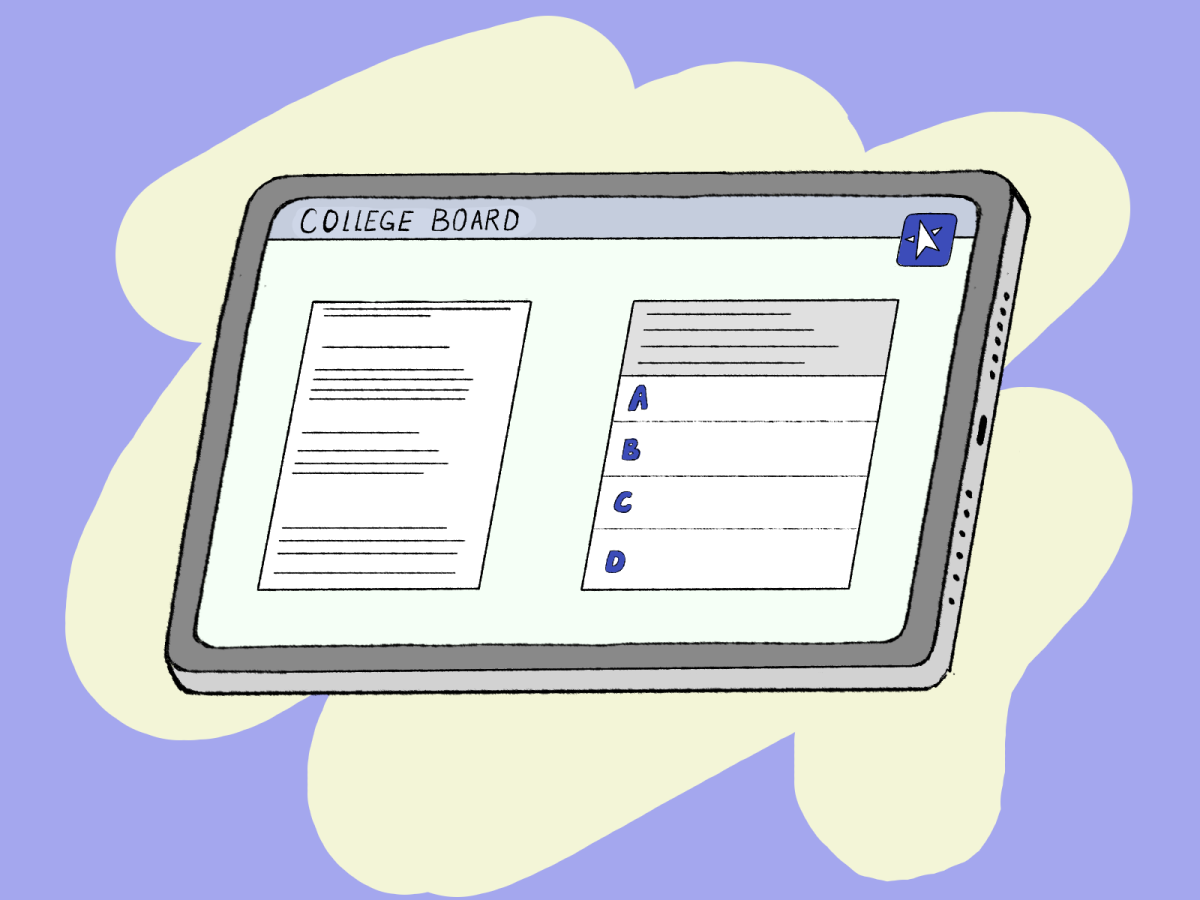
Mariko Sato Berger • Apr 16, 2021 at 6:03 am
Ariana, thinking of you from your freshman year in my music class and reading this piece by you brought profound feelings inside of me, I can’t agree with you more. The double-standard that exists in our very own place and within ourselves is the most treacherous one to tackle. You are one courageous woman. Congratulations on getting into Harvard. This is not a small achievement.
Jack Skywalker • Apr 15, 2021 at 9:01 pm
Great piece! It’s absolutely not fair that anyone’s accomplishments get entirely wiped out for something outside of their control. College admission is such a complicated and unfair process that’s outside of students’ control. It’s first factually incorrect that a minority student got into prestigious schools because of Affirmative Action. While it is true that an African American male are more likely to be accepted into a prestigious school than a white female, according to instances given by Jeff Selingo’s book “Who Gets in and Why” What might also be true, is that a student applying from the Dakotas from probably more likely to get accepted than someone from Northeastern states. If a school is in dire need of a goalie on a given year, goalies are then significantly easier to get in than those who are not. Are these practices fair? Absolutely not. But that shouldn’t dismiss anyone’s accomplishments in high school whether or not they’re accepted. It’s all about institutional priorities. And Harvard could have admitted 50% of their incoming class Pell Grants recipients and still make up a just as strong class. They certainly have the endowment to do that, but they didn’t. Equity issues are not going away anytime soon. It’s important that we recognize that. And no one, whether they get accepted or not, for whatever institutional priorities, should not get their accomplished wiped out for things outside of their control. Instead, we should have honest and civil discourse about addressing the continual inequality in higher education.